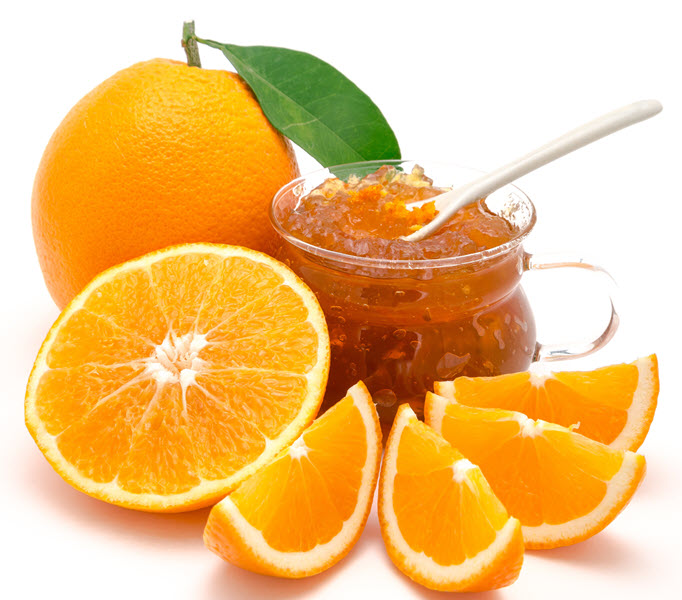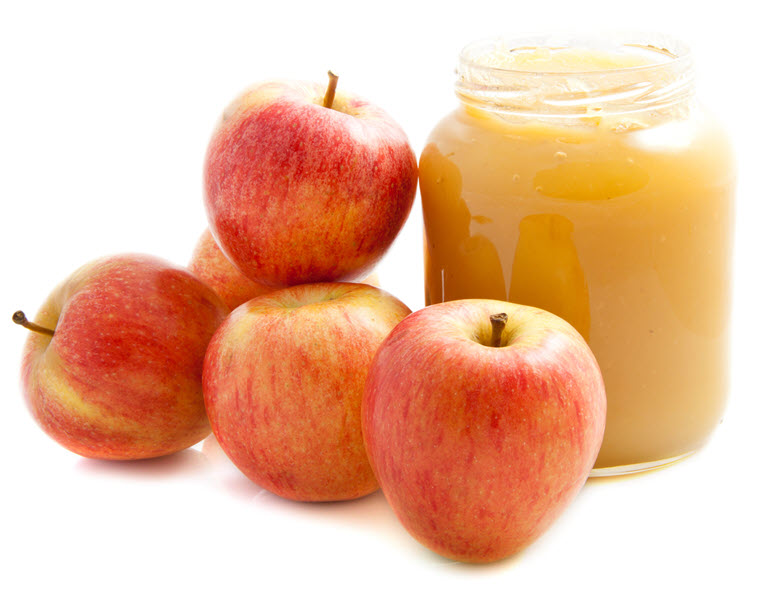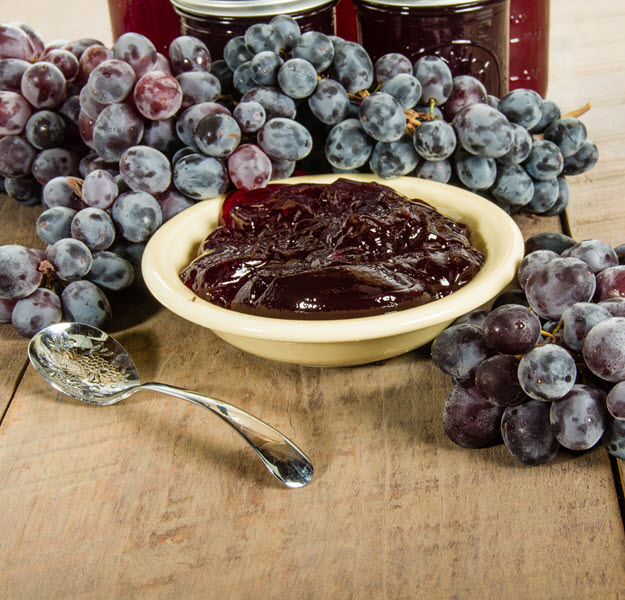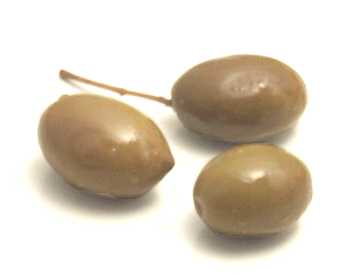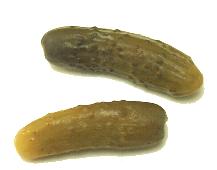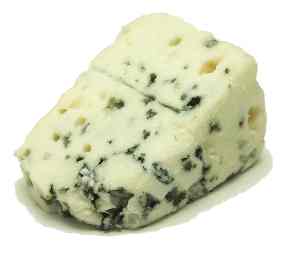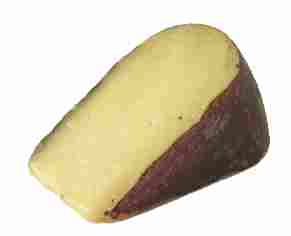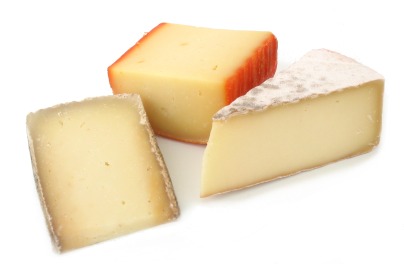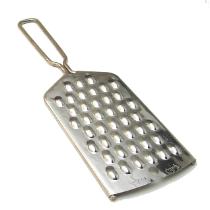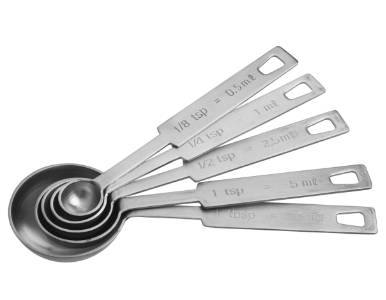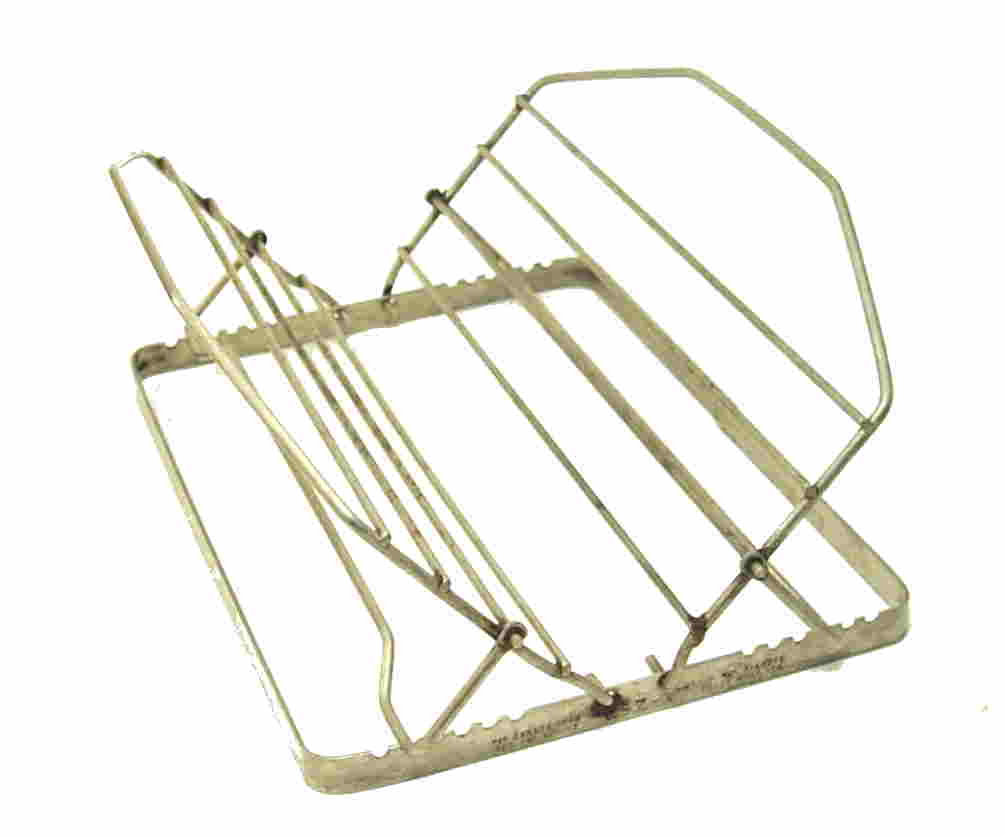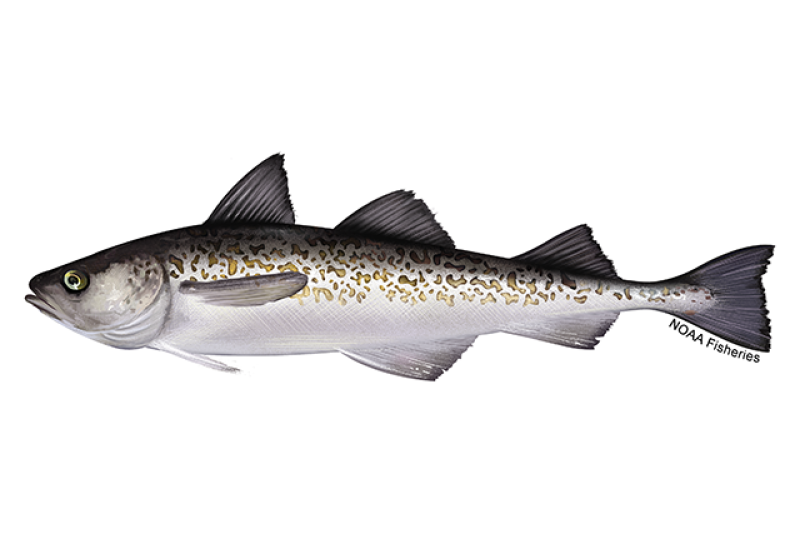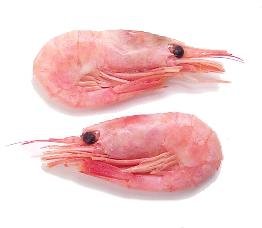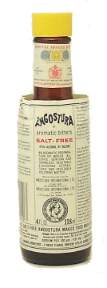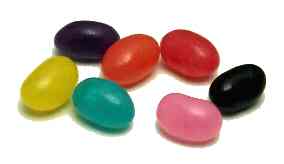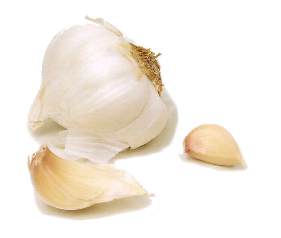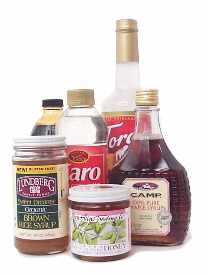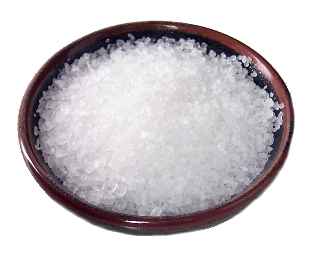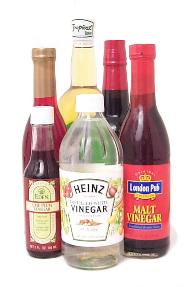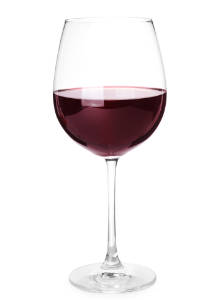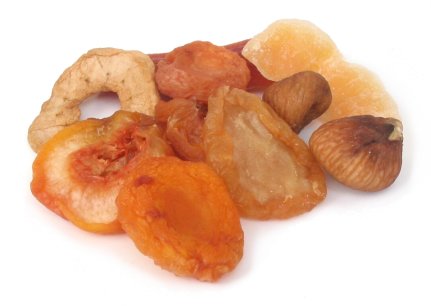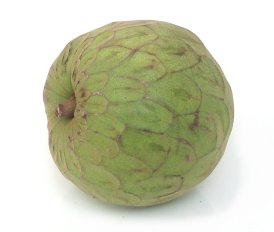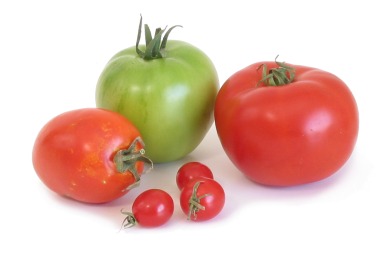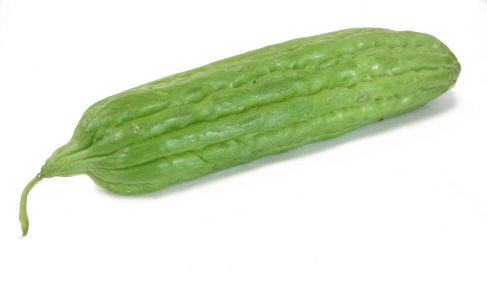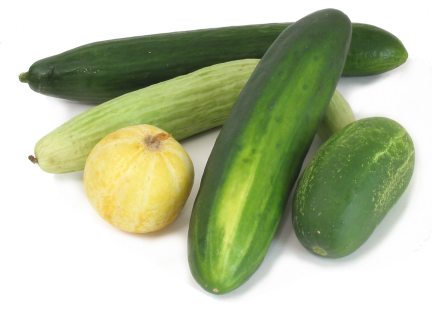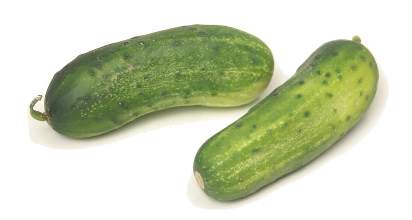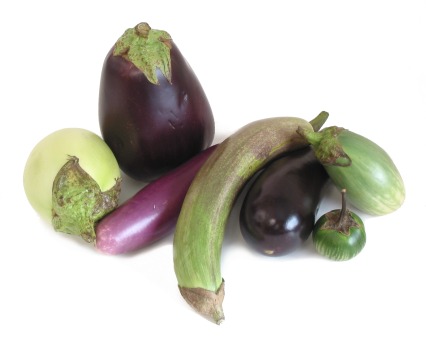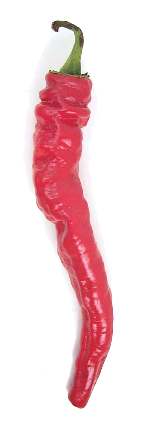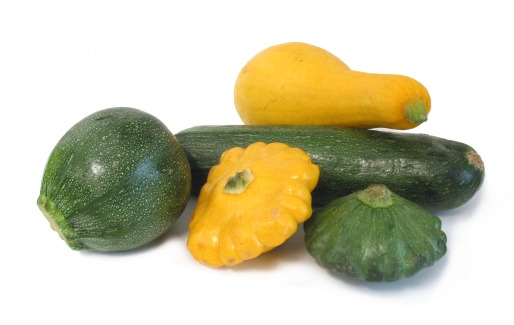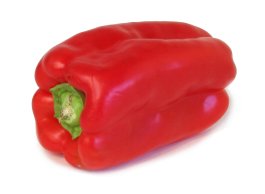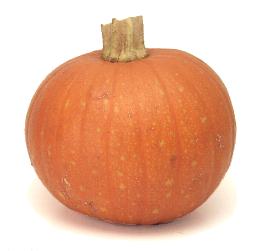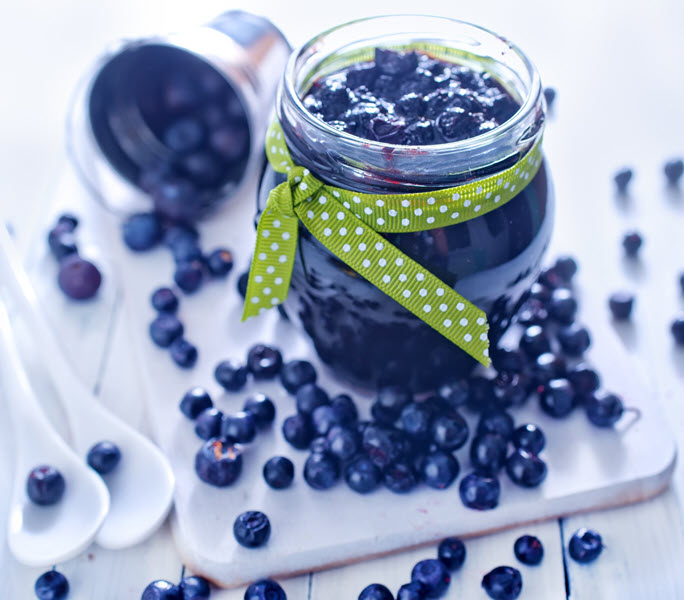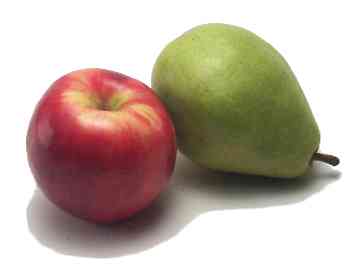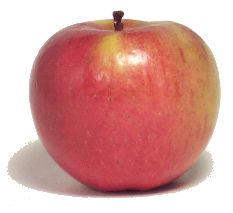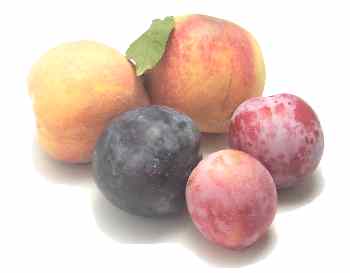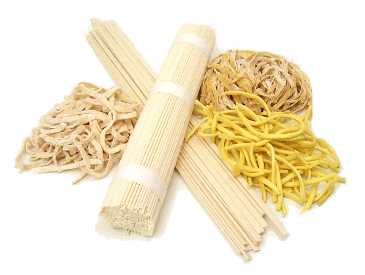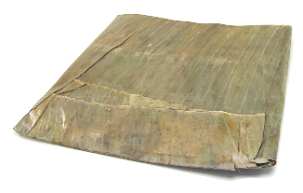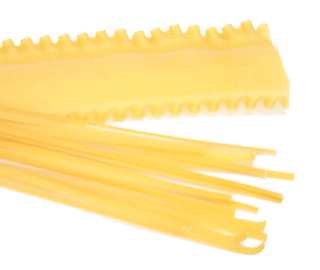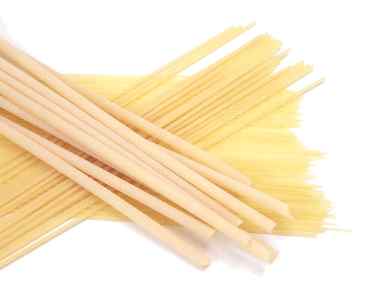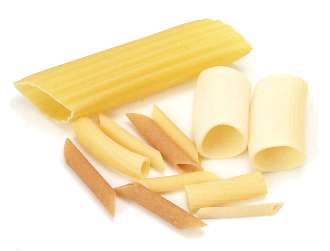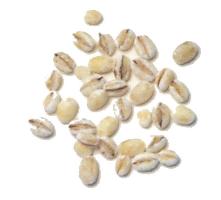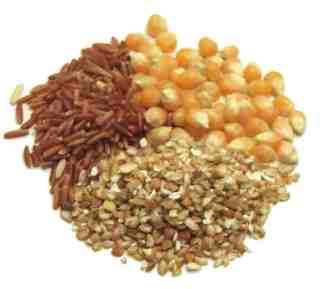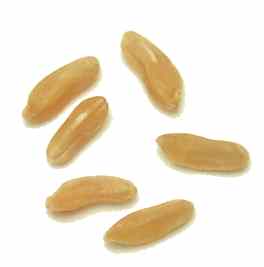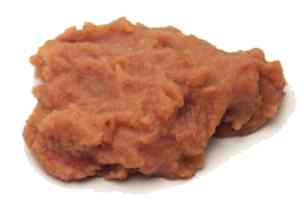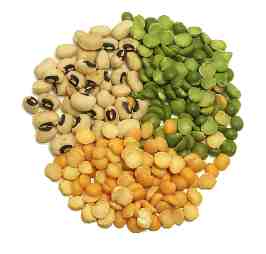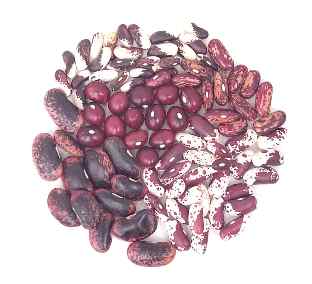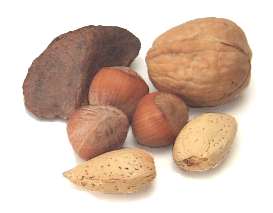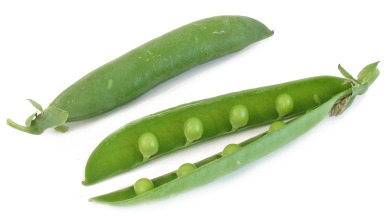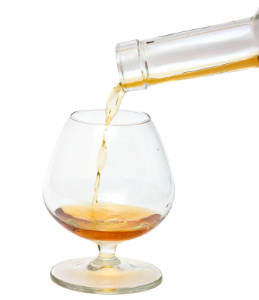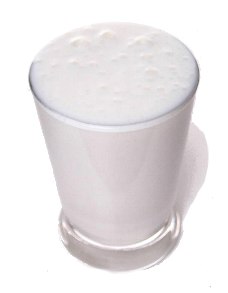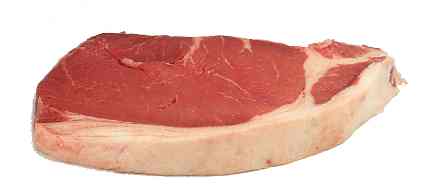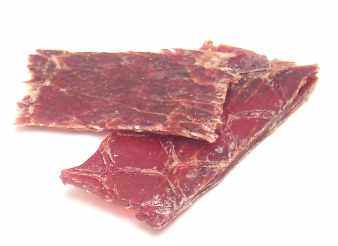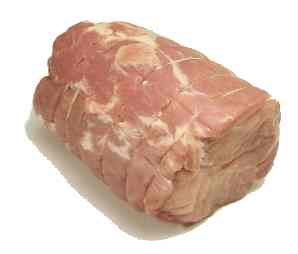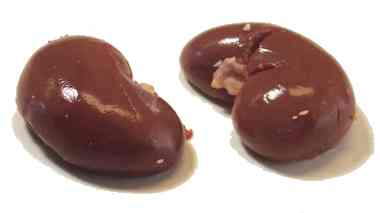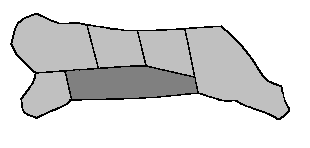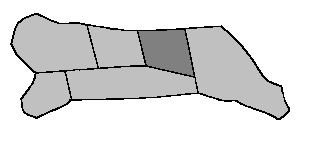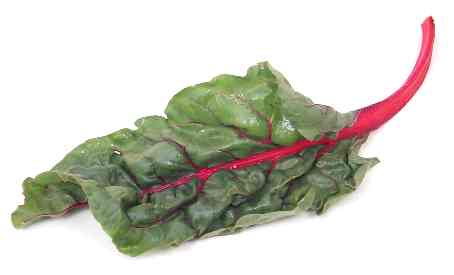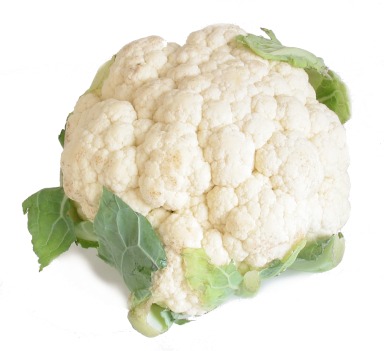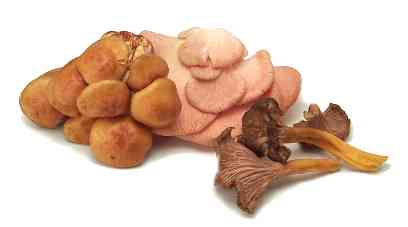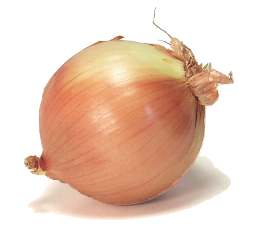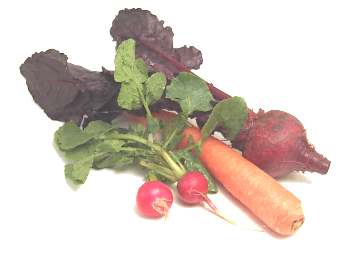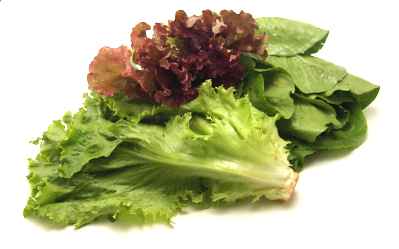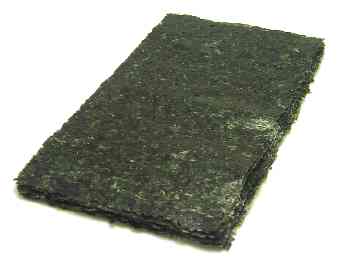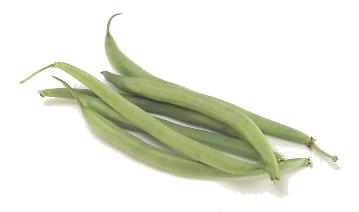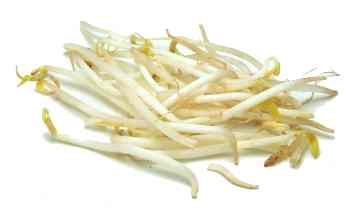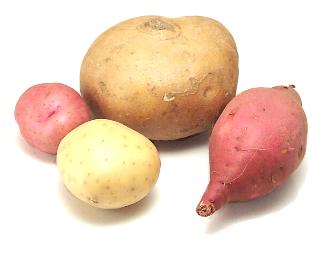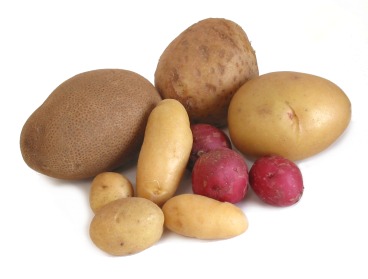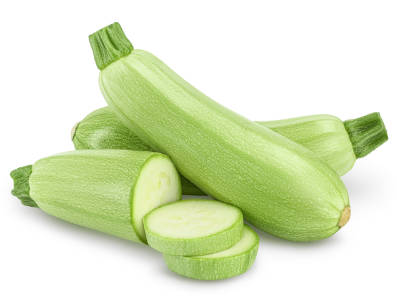All Ingredients
veal breast cuts
The breast includes the lower end of the ribs, along with some fairly lean meat.
Learn moreveal breast roast
You can get this either with or without bones. A common way to serve this is to cut open a pocket between the ribs and the meat and stuff it before roasting.
Learn moreveal cube steak
This is a relatively tough cut of meat that the butcher tenderizes by turning it almost into hamburger.
Learn moreveal cutlet
These are very lean and thin boneless slices taken from different muscles in the leg. Better butchers cut them to order, since they dry out quickly in the display case, and then they sometimes pound them to make them even thinner. They're most commonly used to make scaloppini, schnitzels, and escalopes.
Learn moreveal heart
Veal heart is tender and delicate enough to be grilled or sautéed, though it becomes tough if overcooked. You can also cook it slowly using moist heat.
Learn moreveal kidney chop
This chop is assembled from a veal loin chop and part of a veal kidney that's surrounded by fat. The tail of the loin chop is wrapped around the kidney to form a tight package. It makes a very tasty steak.
Learn moreveal kidneys
Veal kidneys are the most highly prized of all kidneys. Like lamb kidneys, they're tender enough to be cooked using dry heat, say by grilling or sautéing them. Don't overcook them, though, or they'll quickly become very tough. Before cooking them, peel off the outer membrane. Due to their mild flavor, they don't need to be soaked.
Learn moreVeal Leg Cuts
The choice meat in the leg is often sliced into thin cutlets to be used for veal scaloppini, schnitzels, and escalopes. You can also buy larger cuts for roasting or braising.
Learn moreveal leg roast
This is similar to a rump roast, only it has just one round leg bone. A steak cut from this roast is called a veal round steak.
Learn moreveal loin chop
This is the veal counterpart to a Porterhouse or T-bone steak. It's cut from a veal loin roast. Loin chops are usually braised or pan-fried.
Learn moreveal loin cuts
The most buttery cuts of all come from the loin, but you'll pay dearly for them.
Learn moreveal loin roast
This is a magnificent roast, but it's very expensive. If you get it boned, rolled, and tied, it's called a rolled loin roast of veal.
Learn moreveal rib cuts
The ribs are usually cut into chops, but you can also roast the entire rack of veal, or tie two or three racks together to form a crown roast of veal.
Learn moreveal rib roast
A rib roast is often cut into tender rib chops, but some people roast it intact or tie two or three rib roasts together to form a crown roast of veal. A hotel rack includes the connected rib racks from both sides of the animal. Be careful not to overcook veal; since it isn't very fatty it tends to dry out easily. Rib roasts are sold either with or without bones.
Learn moreveal riblets
These are similar to beef short ribs. They're usually braised or used in stews.
Learn moreveal rump roast
The bone-in or standing rump roast is a tasty roast, but it contains a lot of bone and it's tricky to carve. Butchers will bone, roll, and tie a rump roast into a rolled veal rump roast = veal roast boneless = rump of veal boneless = veal rump roast boneless. Rump roasts can be braised or roasted.
Learn moreveal shank
Portions of both the fore shank and the hind shank are sold as shank bones. They're rich in gelatinous substances, so they're excellent for making stocks, soups, and osso buco.
Learn moreveal shank half of leg
This is the lower portion of the leg, minus the hind shank and hock. It has more waste than a rump roast or center cut, but it's very flavorful.
Learn moreveal shoulder
The cuts here are more economical, since the meat is tougher and often interlaced with bone and connective tissue. Butchers usually bone, roll, and tie the shoulder to make a rolled roast, but they sometimes also cut the shoulder into smaller roasts and steaks.
Learn moreveal sirloin roast
You can buy this with the bone in, but it's very tricky to carve. Many people therefore opt for the boneless veal sirloin roast, which is boned, rolled, and tied. A steak cut from a sirloin roast is called a sirloin veal chop.
Learn moreveal stew meat
These are relatively tough chunks of meat that need to be braised or cooking slowly in liquid to become properly tender.
Learn moreveal stock
Veal bones have more collagen than beef bones, and so veal stock is thicker and richer.
Learn morevegetarian bacon
Many meat analogs are disappointing, but some variations on vegetarian bacon are surprisingly tasty. See the recipes for Vegan Bacon, Tempeh Bacon, or Tofu Bacon posted on www.vegweb.com.
Learn morevegetarian cheeses
When making cheese, milk is curdled with the help of rennet, an enzyme that occurs naturally in the stomach of animals. Many vegetarians object to eating cheese made with natural rennet, since its production involves the slaughter of animals. Fortunately, a lot of fine cheese is now made with vegetable rennet, which is derived from fungi, bacteria, or plants. Unfortunately, the type of rennet used isn't always marked on the cheese label. Some stores help out by adding their own labels.
Learn morevegetarian gelling agents
Vegetarians use these instead of gelatin, which is derived from the bones and tissues of animals. The most popular are agar and carrageen, both of which are derived from seaweed.
Learn morevenison
The term venison applies to deer meat, elk meat, moose meat, caribou meat, and reindeer meat, all of which can be used interchangeably. Venison is very lean, so it's important not to overcook it. The best cuts are from the back strap, or loin area. If you want to tone down the gamy flavor, marinate it in milk or add some vinegar to the sauce.
Learn moreverjus
A medieval ingredient that's making a comeback, verjus is a sour juice made from unripened red or white grapes. Vinegars in salad dressings sometimes create off-tastes in the wines that accompany a meal. Verjus doesn't, so it's a good substitute for vinegar if you're planning to serve an expensive wine with dinner. Some people also mix it with sparkling water and ice to make a sophisticated non-alcoholic drink.After the bottle is opened, store verjus in the refrigerator, where it will keep for about a month. If you can't use it that fast, pour it into ice cube trays, freeze, then store the cubes in a plastic bag in the freezer. Though becoming more popular, verjus is still hard to find. Look for it in gourmet specialty shops.
Learn morevermicelli
Vermicelli (Italian for "little worms") is similar to spaghetti, only with very thin strands. Serve it with very light sauces, or break up the rods and serve the pieces in a broth.
Learn morevermicelloni
This Italian pasta is a thick version of vermicelli, that's often served with hearty meat sauces. It's hard to find in the United States.
Learn morevermouth
This is a fortified wine that's heavily flavored with sugar, herbs, roots, flowers, and spices. It's sometimes served as an apéritif, but it's better known as a key ingredient in many cocktails, including martinis and Manhattans. It's also used to perk up sauces, especially those that accompany seafood. There are two main types: dry vermouth and sweet vermouth. Noilly Prat and Martini & Rossi are well-respected brands.
Learn morevesiga
Vesiga is the spinal cord of a European sturgeon. It is considered a delicacy in Russia. Coulibiac is a Russian dish that features vesiga.
Learn moreVienna sausage
These small, squat hot dogs come in cans. They're often used to make hors d'oeuvres.
Learn moreVietnamese noodles
The Vietnamese are fond of rice noodles, which range in size from the slender banh hoi (rice vermicelli) to bun (thin rice sticks) to banh pho (medium rice sticks). They also use slender bean threads made from mung bean starch (which they call bun tao or sometimes mien), and Chinese egg noodles.
Learn morevine tomato
For best flavor, tomatoes should stay on the vine until they're fully ripened. This is a tall order for growers, who prefer to pick tomatoes while they're still green and sturdy, and then gas them with ethylene until they turn red. Vine tomatoes, on the other hand, are picked after they begin to "break" or turn red, which allows them to develop fuller flavor. Expect to pay more for the special handling required to bring these to market.
Learn morevinegar
Cooks use vinegar to make pickles, deglaze pans, marinate meats, and add tang to vinaigrettes, sauces, and even desserts. Vinegars are made by adding a bacteria called Acetobacter aceti to diluted wine, ale, or fermented fruits or grains. This creates acetic acid, which gives the liquid a sour flavor. Unopened, most vinegars will last for about two years in a cool, dark pantry. For tips on how to use vinegar, and to learn about different varieties of vinegar, click here.
Learn more











